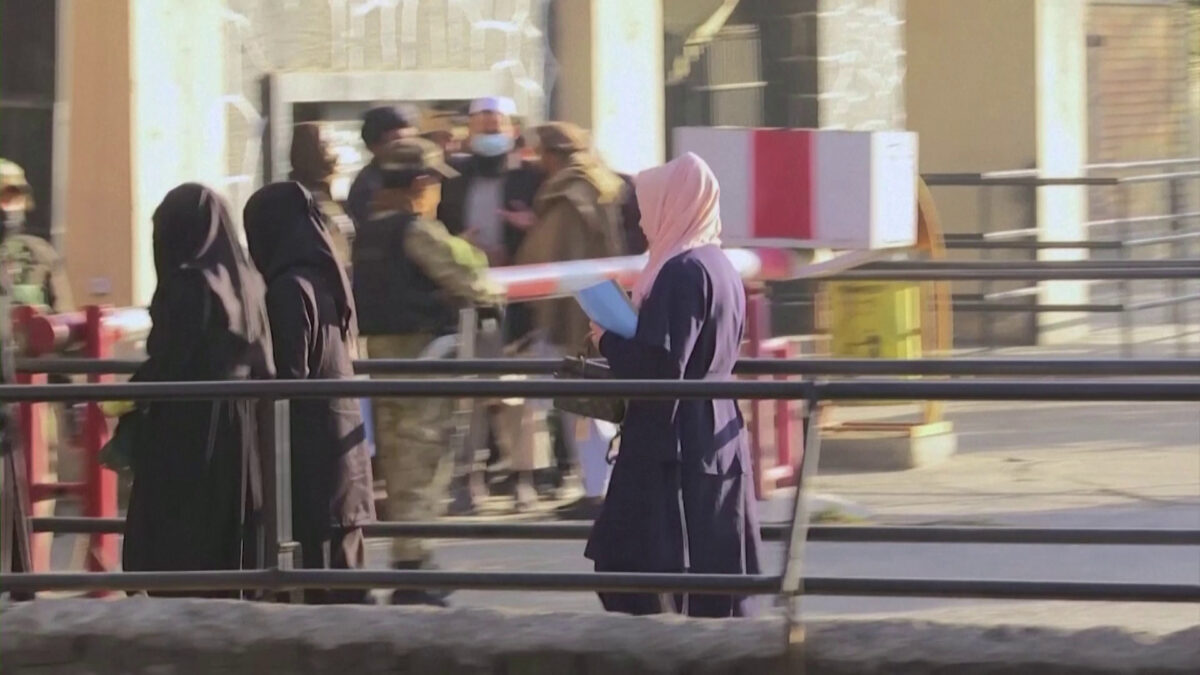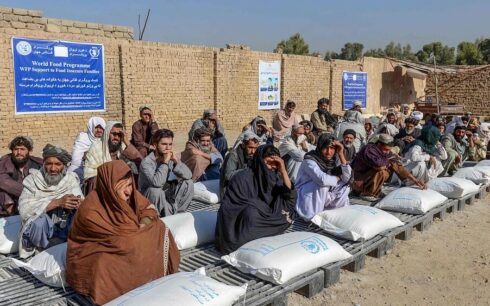Following the Taliban’s closure of universities to women in December last year, several Afghan women have embarked on migration to pursue higher education abroad.
Iran has emerged as a destination for these students, offering a glimmer of hope for a better future.
However, challenges persist. Interviews with girls who failed to gain university admission in Iran highlight obstacles like lacking legal residence permits, hindering their academic aspirations.
Zahra Ahmadi, a journalism student due to graduate in a year, faced university closures due to Taliban policies. Undeterred, she attempted to continue her studies in Iran but was impeded by the absence of legal residency.
“More restrictions were placed on women and girls,” Ahmadi said. “I was even barred from university for not wearing a burqa and veil.”
However, Ahmadi’s story is not unique. Many Afghan women and girls, with universities inaccessible in Afghanistan, view Iran as a key educational refuge. Yet, for many, this dream remains elusive.
Batul Sadat, an Afghan student in Iran, shared, “We came to Iran as education was inaccessible at home. However, lacking necessary documents, we’re unable to continue our studies.”
Meanwhile, Zahra Askari, a graduate in law and political science from Al-Biruni University, Kapisa, relocated to Iran three months ago. She has succeeded in enrolling in an Iranian university for her master’s degree.
“I aimed to start my master’s in Afghanistan, but Taliban restrictions made it impossible,” Askari noted. “Luckily, I’ve begun my master’s in Iran.”
This year-long education ban in Afghanistan has been a period of anguish for these students.
“Denying girls access to education inflicts emotional harm,” stated Hedia Sahibzada, a women’s rights activist in Iran.
The exact number of Afghan girls who migrated to Iran for education in the past year remains unknown. Yet, these students express added frustration due to the challenges of displacement and unfulfilled academic aspirations.





